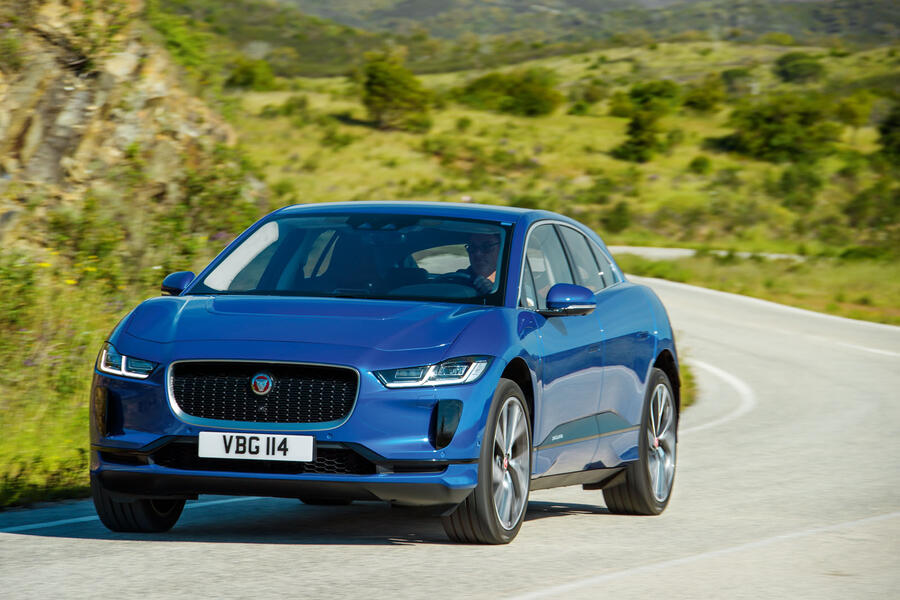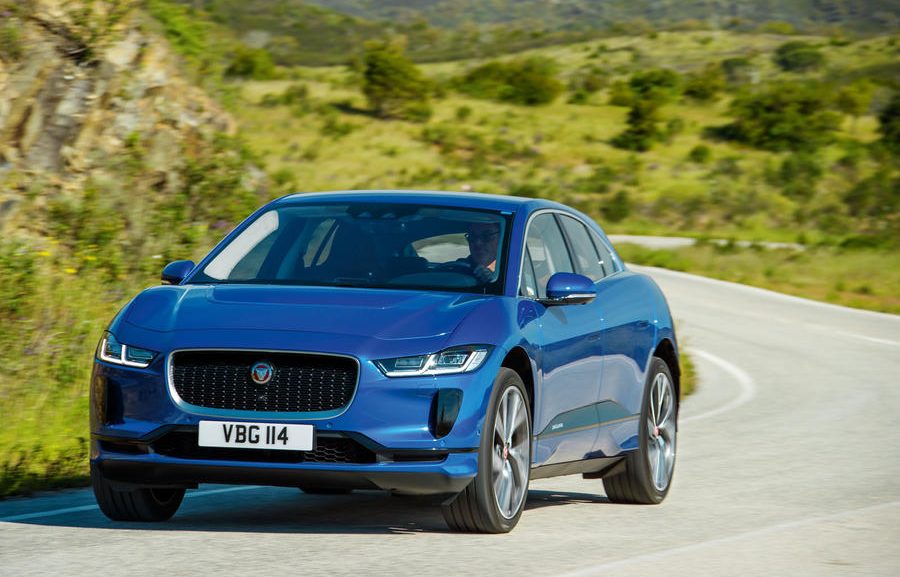[ad_1]
Times have been tough, but it’s very telling that Speth (who turned 64 last month) continues firmly in the biggest job at JLR, unmolested by rumour mongers and financial denizens who have recently taken to giving other car industry leaders a hard time.
“The task now is to prepare for new things,” says Speth, “to simplify our engine and model ranges as much as possible, and also to prepare some very go-ahead projects we have in the drawer.”
“I’m so glad that during restructuring we haven’t had to reduce our investment much,” he says, reaching instinctively to the future. “I defend our big projects because they define segments and also earn salaries for our next generation. When this disturbance ends, we want to be ready.”
Speth doesn’t seem to care much about what the car market will be like in a decade’s time, except to say that diesel and petrol cars will be around “for a long time”. He reckons maintaining a high degree of manufacturing flexibility holds the key – and already sees this policy, steadily maintained at JLR for years, starting to bear fruit.

The centralisation of JLR engine manufacturing – production of modular triples, fours, sixes and EDUs (electric drive units) at the company’s Wolverhampton factory – is one huge move towards flexibility, allowing JLR to source conventional, hybrid, plug-in hybrid and full electric powertrains from one site. The same goes for an embryo battery assembly operation at nearby Ham’s Hall, where a run of 7500-cell batteries even larger than that of the I-Pace (perhaps for the luxurious XJ saloon and its Land Rover sibling?) will be constructed by an automated process that involves 15,000 welding operations to be completed in just 11 minutes.
However, Speth reserves special pride for the forthcoming Battery Industrialisation Centre (BIC), which is under construction on a huge site near Coventry Airport. There, the capabilities and innovations from universities all over the UK can be brought together in realistic manufacturing conditions – and also tested for re-use and recycling. Speth has long recognised the need for at least one UK battery gigafactory. Success for the BIC could lead directly to this – highly desirable provided the new place embraces next-gen technology and is run on a financially competitive basis. “This could be sensational for the UK,” says Speth, “but there’s no point in setting up a battery factory just to have one. It has to deliver great products at a competitive price.”
The JLR chief may see his own company selling pure diesel and petrol vehicles for years to come, but his commitment to electrification and zero emissions – along with zero congestion and zero accidents – seems to be total. JLR’s factories are already carbon neutral. Speth is scathing about the fact that 1000 coal-fired power stations are currently under construction around the world – and critical of a German process that subsidises coal mining, sends the mined product to Poland for firing, then brings it back as clean fuel. “Does the environment know it’s clean?” he asks.
[ad_2]
